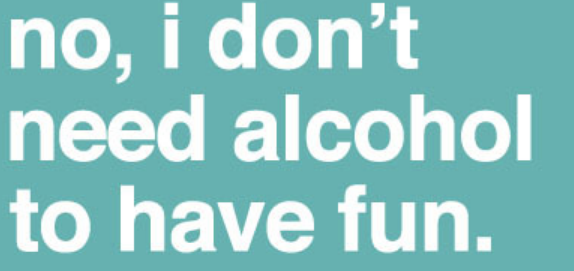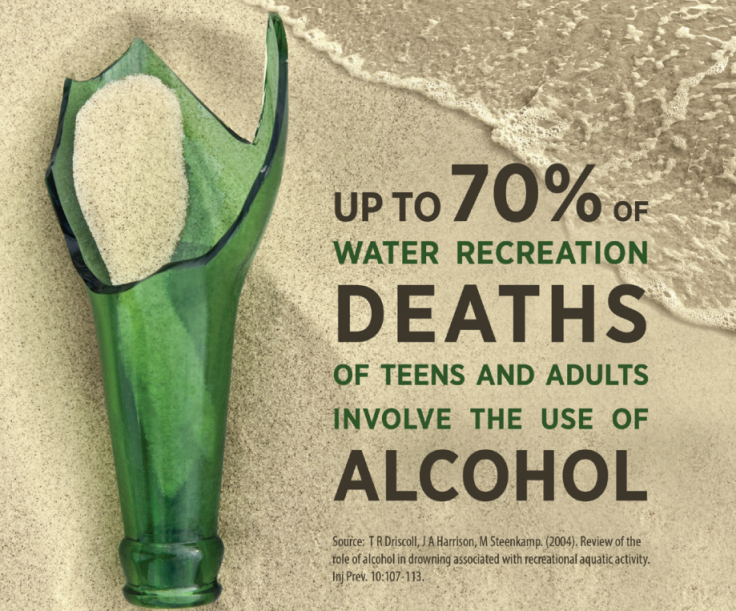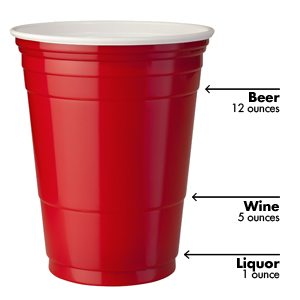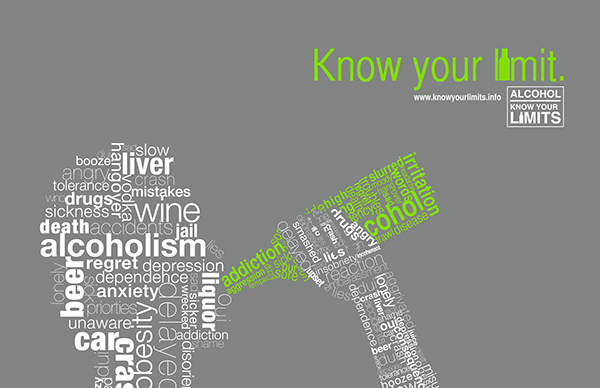Shortly after a new year begins, many people adopt a resolution to live a healthier lifestyle. Too often, people focus on the scale and not much else. There are plenty of other numbers you need to be concerned about.
Such as…….

1. Waist Size
A larger waist size (40 inches for men; 35 inches for women) usually means you have extra fat around your heart, liver, kidneys, and other organs. This can lead to heart disease, high blood pressure, cancer and diabetes.

2. Blood Pressure
120/80 is ideal. If yours is higher, you may not have symptoms, but untreated hypertension can lead to kidney disease and heart disease.

3. Blood Sugar
Your fasting glucose should be less than 100 and no more than 140 several hours after you eat. Elevated blood sugar not only leads to diabetes but can damage your heart and blood vessels, kidneys, and liver.

4. Your Lipid Profile
A blood sample can measure how much cholesterol is in your blood as well as determine the amounts of good and bad cholesterol and triglycerides. Sometimes people are genetically predisposed to high cholesterol so it’s good to have yours checked annually. Total cholesterol should be less than 200. Elevated cholesterol can lead to blood clots, stroke, and heart attacks.

5. Exercise
How long you exercise matters, too. Ideally, you should get 30 minutes of moderate exercise at least 5 days per week.

6. Sitting Time
Even if you work out hard seven days per week, if you are sedentary the remainder of your time, you are putting yourself at risk for heart disease. Getting up every 30 minutes and stretching or taking even a short stroll helps keep you healthy.

7. Sleep
Most people need 7 to 9 hours of sleep per night. Sleep helps us regenerate our muscles and tissues. Not getting enough sleep can lead to obesity, heart disease, depression and other ailments.

8. Screen Time
Try to limit yourself to no more than two hours per day in non-work or school-related screen time. Excess screen time can lead to eye strain, muscle strain, inactivity, and insomnia.

9. Water
Most health experts recommend eight 8-ounce glasses of water per day which is the equivalent of 2 liters or a half-gallon. You might find it easier to focus on taking in a glass of water with and between every meal. You might need more when it’s hot, you’re working out, or if you’re pregnant. If you’re hungry, you might just be thirsty and a glass of water may relieve your hunger.

10. Fruits and Vegetables
You need 3-5 cups of fruits and vegetables per day. Fruits and vegetables provide essential nutrients as well as fiber to maintain a healthy, balanced diet.

11. Alcohol
Men should consume no more than two drinks per day; women should consume no more than one. A drink is 5 ounces of wine, 12 ounces of beer, or 1.5 ounces of liquor. Alcohol is high in empty calories and can hurt your liver, heart, kidneys and unborn baby.

12. Cigarettes
ZERO is the number of cigarettes you should have. Cigarettes cause more deaths than HIV, illegal drug use, alcohol use, car accidents and gun incidents all combined, according to Harvard Health Publishing.
Consider these numbers when you make your plans to improve your health this year. The Family Health Clinic can help you learn what your numbers are and how to improve them. Our Nurse Practitioners can order lab tests that can be performed at your convenience in the Clinic. Medication can be prescribed to address high blood pressure, high cholesterol, high blood sugar, smoking cessation and most health conditions. Please call or come by the Clinic in Fobes, Room 1525. We are open Monday—Friday from 8:00 am to 4:30 pm. Walk-ins are always welcome!!
Please call 618-468-6800 for more information.





